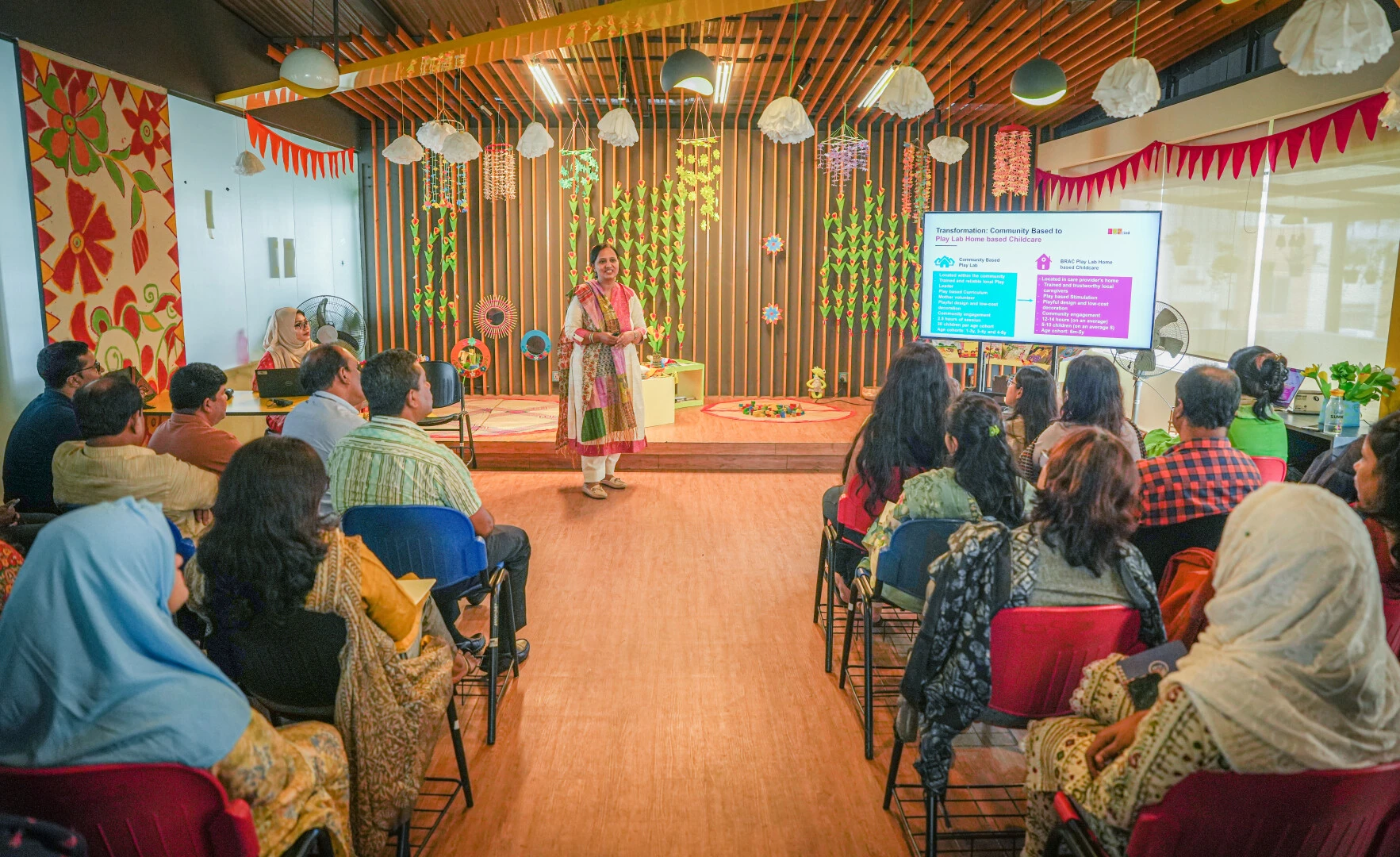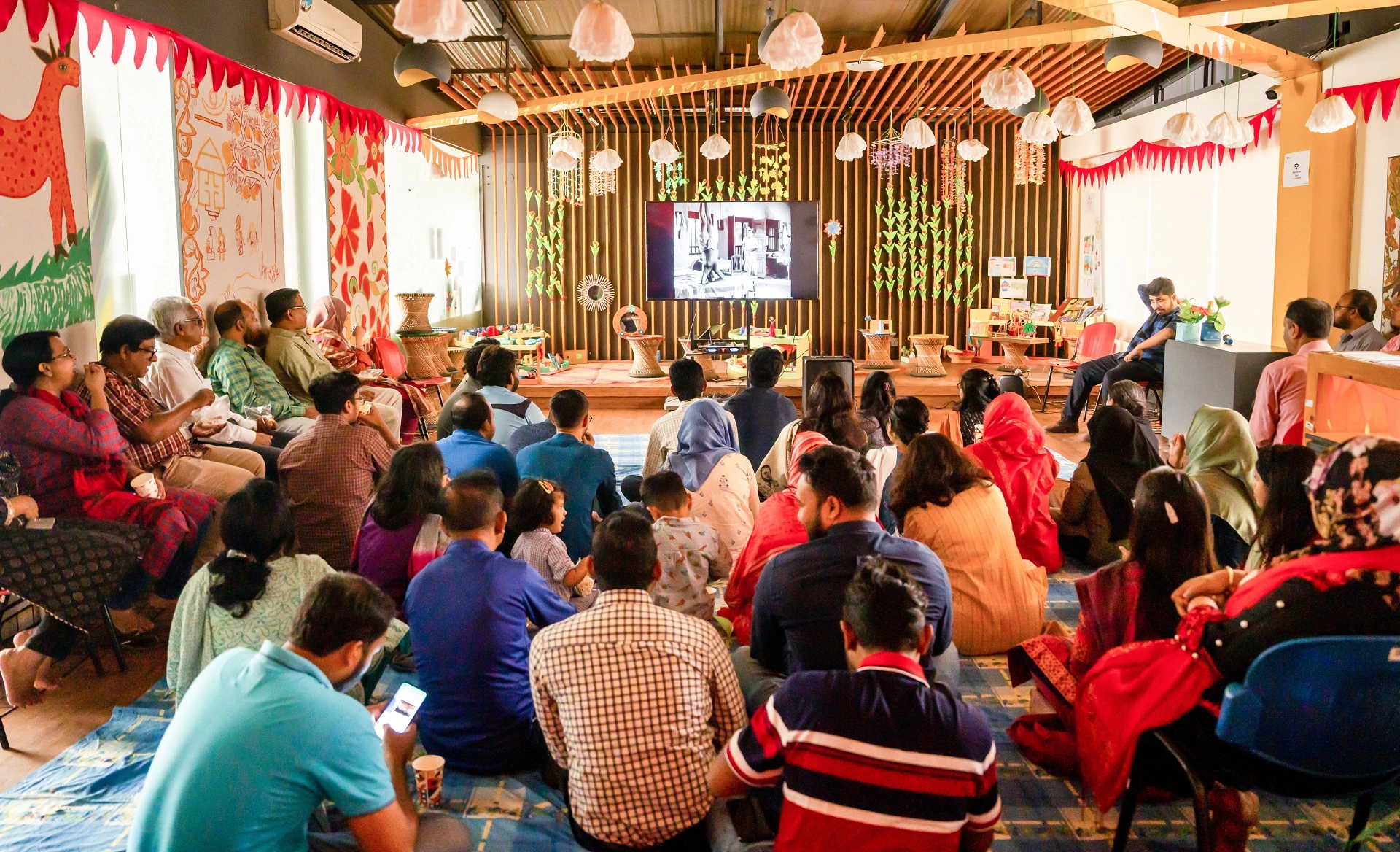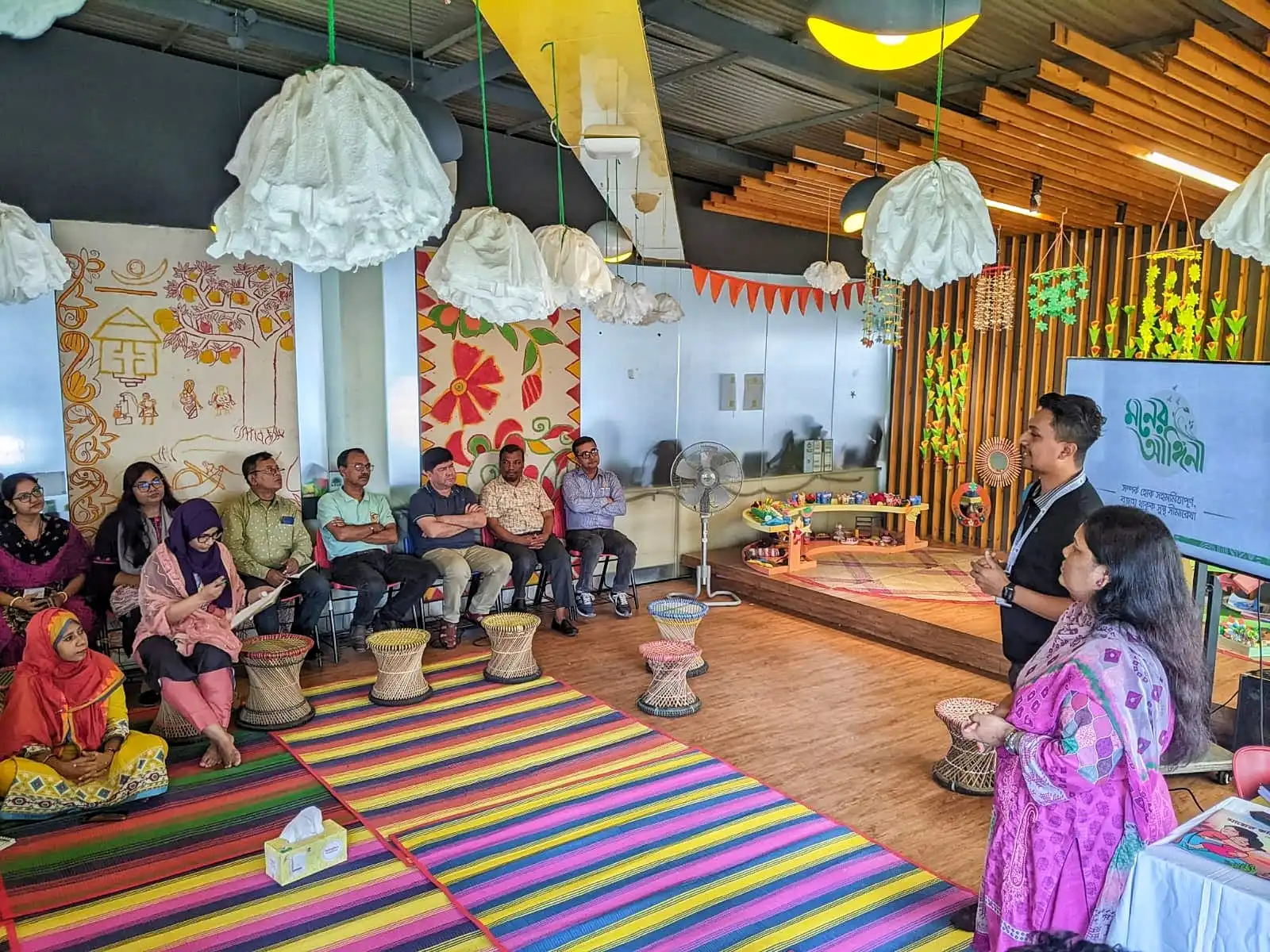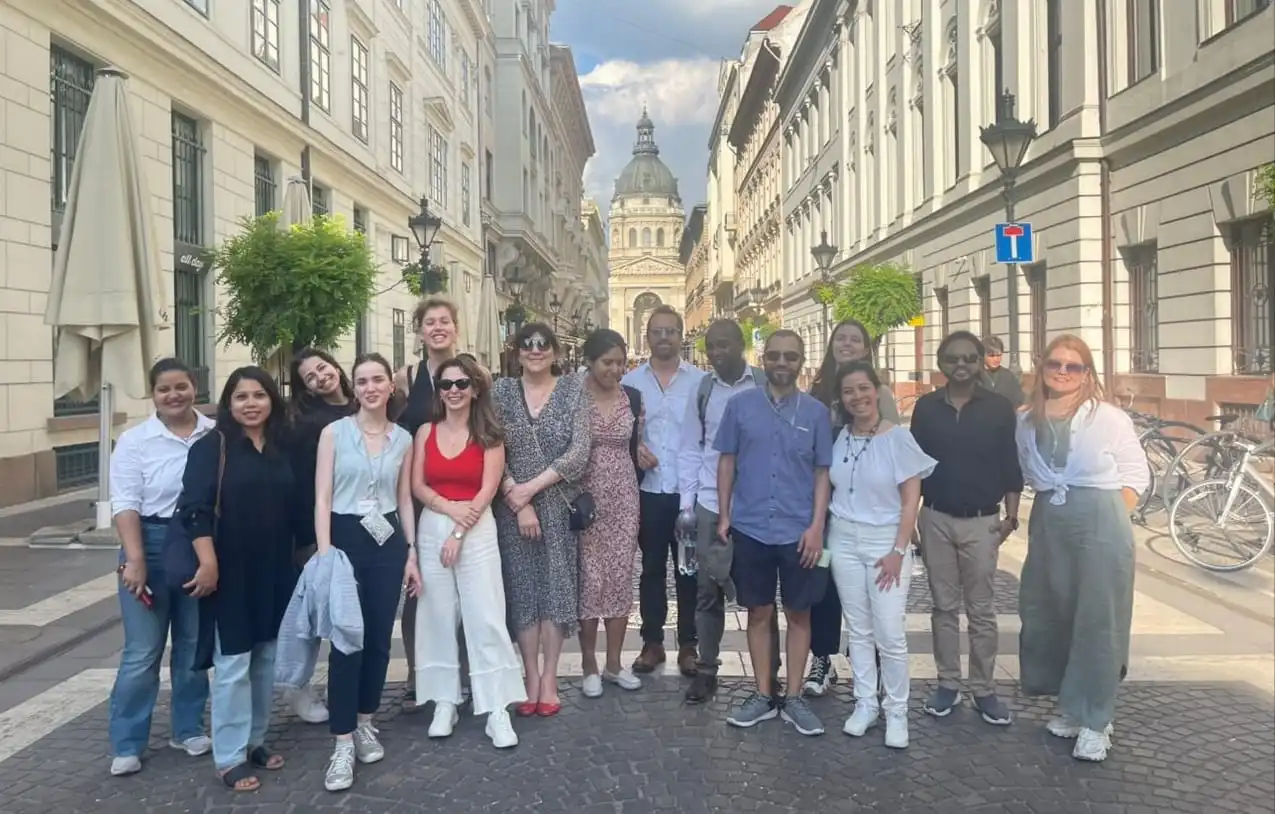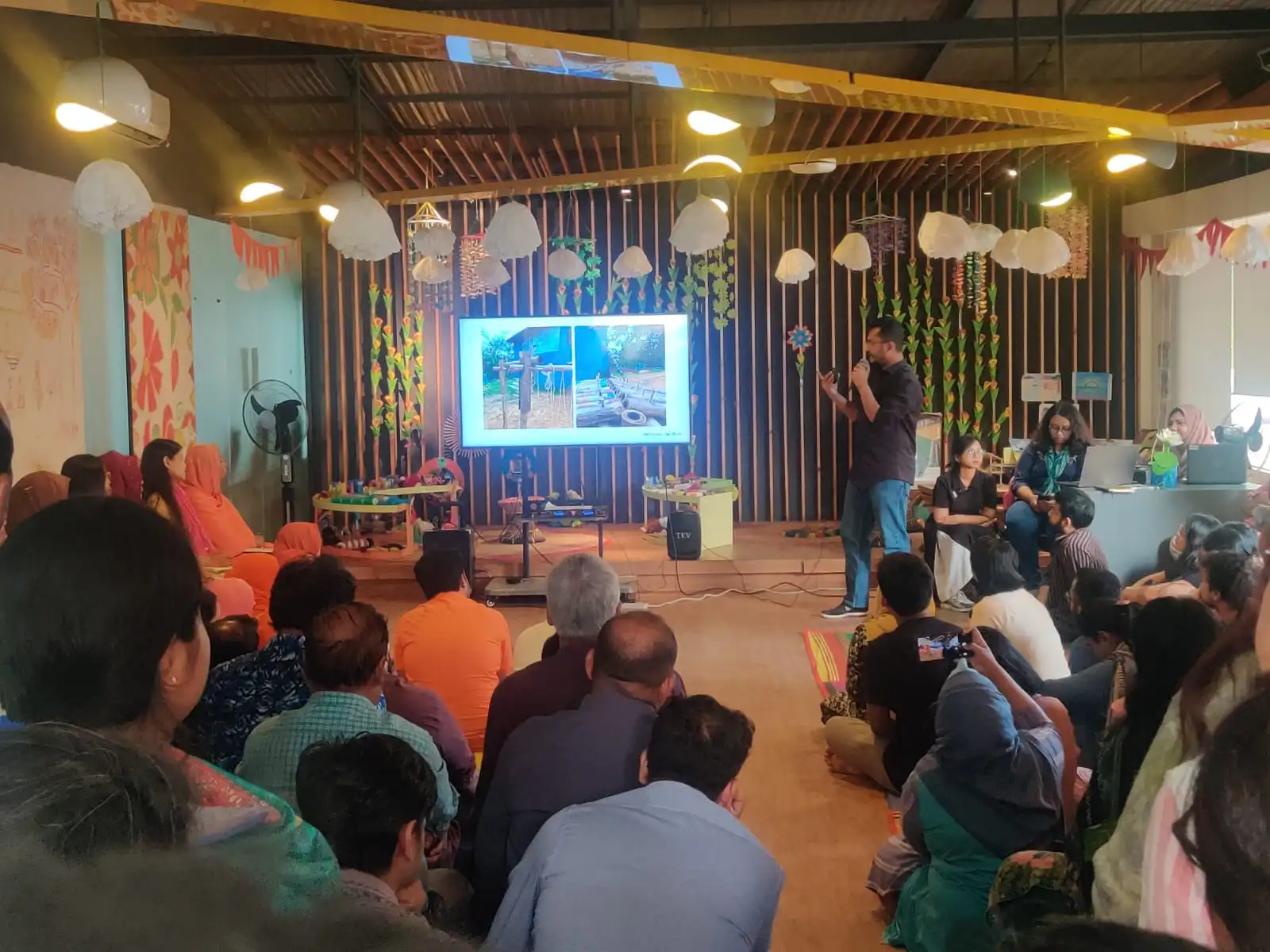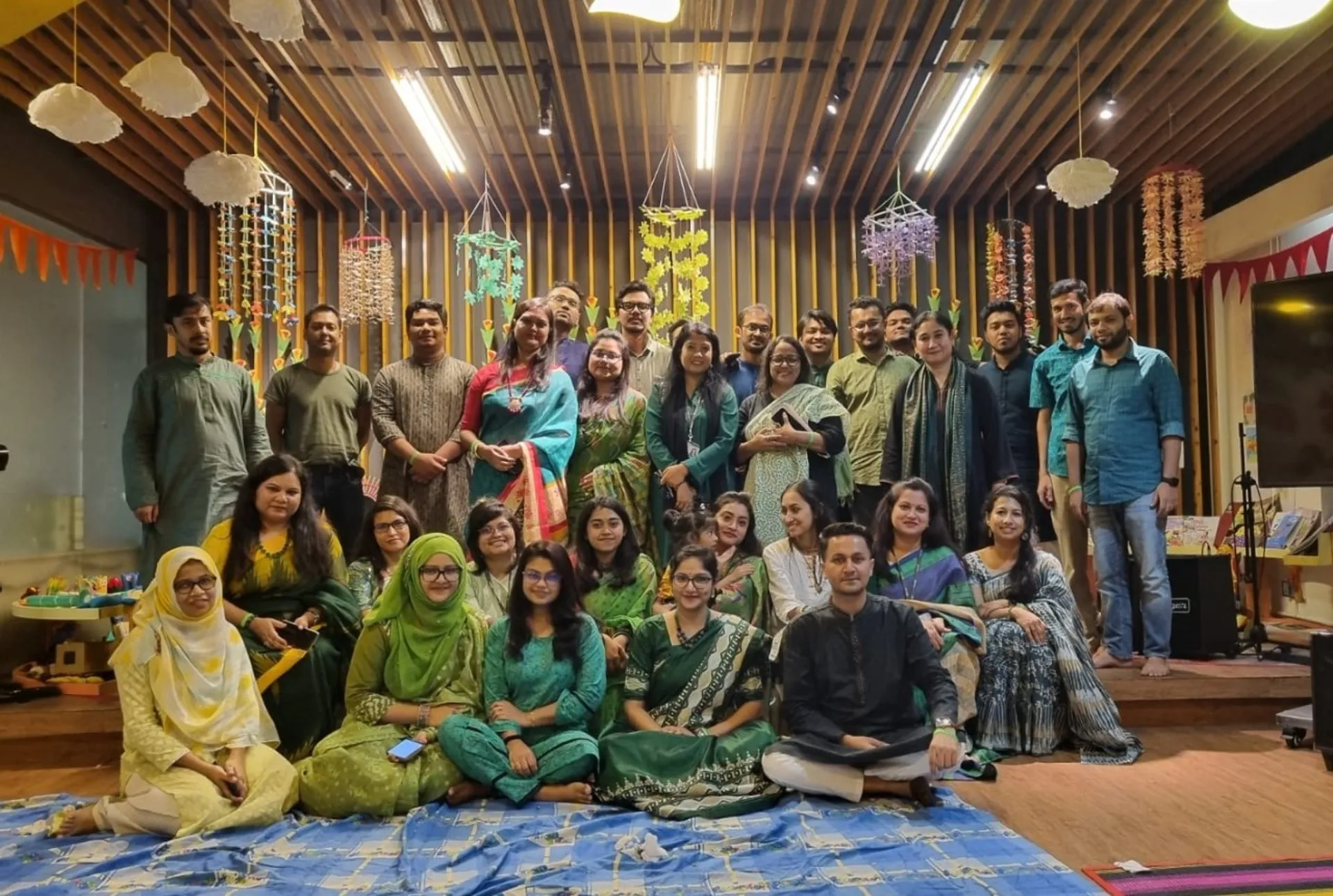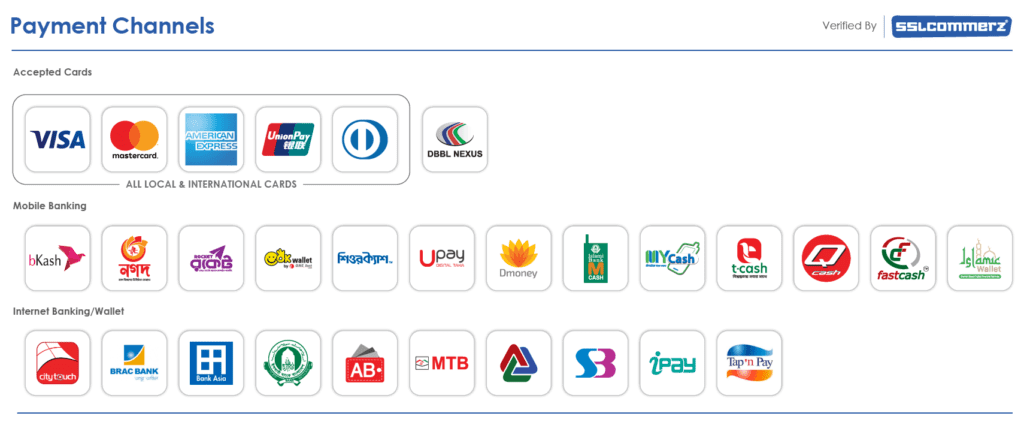Presenters
Ferdousi Khanom
Sr. Lecturer
Early Childhood Development, Academic Programme
Session Details
BRAC IED is striving to define a care model for Bangladesh that is rooted in our cultural context. This model is catered to a co-dependent ecosystem that includes a working mother who, during work hours, leaves her child to a trusted care provider in the community in exchange for some remuneration. The model which was previously known as the home-based childcare model, centered around the child only, is being re-explored ever since BRAC IED realized the necessity of extending care to the mother and care provider as well alongside the child. We envision this as a comprehensive care model, with childcare embedded, that caters to the wellbeing of children, mothers and care providers alike.
This care model under exploration by BRAC IED with embedded childcare supports the threefold wellbeing of children, mothers and care providers. Some key features of this model are the triangle and the attachment implying that the child, mother, and care provider create a codependent triangle that is defined by a deep attachment, reciprocity and trust-based relationship. Moreover, this is a layered approach where there is mental healthcare for the care provider and the mother and childcare is embedded within. Additionally, within the model, there is gender empowerment and the home-based ecosystem. That is, through systemizing an existing home-based system, the care model leverages on the safety & reliability of home-environment for the children while empowering women to become independent earners in the community. This is also a co-created interdisciplinary model which connects gender and livelihood with mental health, ECD, and child protection.
From BRAC IED’s on-the-ground observations and anthropological studies, we have found some key principles to be crucial for integration into the care model. The model is based on the following 9 principles which are care- to ensure value, respect and emotional support; attachment between care provider-child and care provider-mother; safeguarding- to ensure the physical, emotional, and psychological safety of every child; safety- encompassing physical and mental wellbeing; cleanliness- to ensure a clean and safe environment; no threats, no fear- to adopt positive and non-coercive approaches to discipline and behavior management; empathy- to create an atmosphere of trust and emotional connection; stimulation- to promote child development; and inclusion- for equal opportunities to learn, grow, and participate actively.
The quality of the care model is ensured by maintaining the mentioned principles. Our experience in the field and anthropological studies also indicate that day care services need to increase in areas where women are labour market drivers. Besides, it is essential to systematize quality day care service through capacity building of potential market entrepreneurs. Onboarding care providers on the basis of some essential criteria, BRAC IED rigorously trains them on child development, play, child rearing, fundamentals of care, safety, safeguarding and financial management. The home-based structures in the care providers’ homes for the care model are very simple- sometimes consisting only of a bed within a small space where very elaborate design is not possible. Therefore, the architecture needs to be simple, where care providers can accommodate the daycare within their operating space. To make it suitable for children, BRAC IED support the care providers with child friendly design and decoration and also incorporates aspects/materials for play. Care providers are also encouraged to include simple plays in their daily routine with the children so that within the limited space of the room, a stimulating environment is possible.
Another learning is the need for integration of mental health service provision in the model to ensure wellbeing of the care providers. Based on this need, BRAC IED has implemented a team of paracounsellors who will specifically focus on the socio-emotional needs of care providers through meaningful conversations. Additionally, we will actively encourage care providers to engage with mothers, providing them with an empathetic ear and support. This three-dimensional approach to care and support forms an integral part of our care model. In addition to the paracounsellors, we have also introduced a group of field-level staff, including managers, program organizers, and community organizers to ensure smooth operation in the field. Concurrently, we are actively working on outlining the fundamental elements of quality care for the care model.

